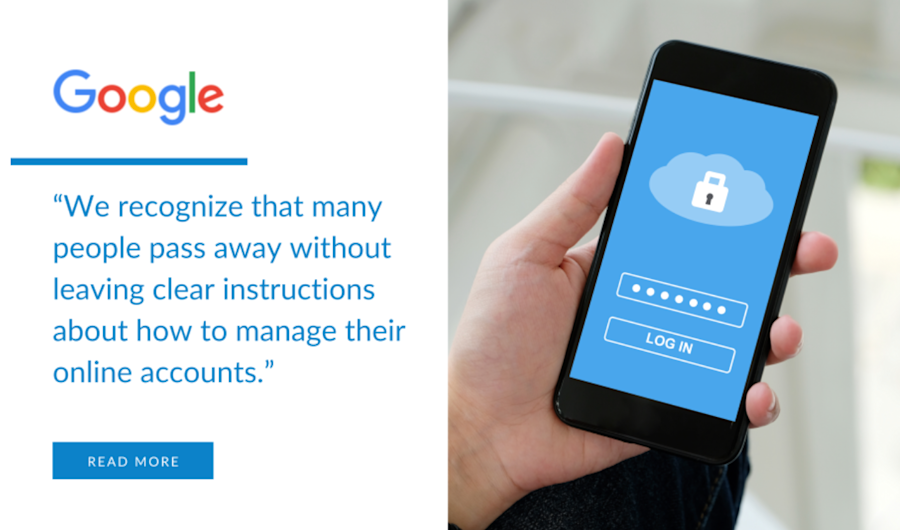
Estate Planning
Securing Access: Ensuring Your Loved Ones Can Access Your Phone After You're Gone
In an increasingly digital world, the issue of accessing personal devices after death is becoming more pertinent. Many people overlook the fact that without proper planning, loved ones may face significant hurdles in gaining access to crucial information stored on smartphones or other electronic devices. Here’s why it’s essential to consider this aspect of estate planning:
Digital Access and Estate Planning
When someone passes away, access to their digital assets, including email accounts, social media profiles, and even financial records stored on phones, can be legally challenging to obtain. Unlike physical documents or bank accounts, which typically have clear procedures for access after death, digital assets often require specific authorization through leaders like Google and Apple.
Legal Challenges
Many people don't realize the challenge they leave their families with when they pass away. Google admits that "many people pass away without leaving clear instructions about how to manage their online accounts". Apple states that "accessing a deceased person’s Apple ID and data requires a court order designating you as the rightful inheritor of their personal information", and Apple users should consider including "an inheritance plan to your will that covers the personal information you store on your devices". These policies help to privacy, but without proper documentation, you risk losing access to finances, photos, texts, and essential apps. Getting the necessary paperwork can be lengthy, expensive, and emotionally taxing for grieving families. Without clear instructions or legal provisions, critical information stored on devices could be lost indefinitely.
Protecting Your Digital Legacy
To ensure your loved ones can manage your digital footprint effectively, consider the following steps:
Include Digital Assets in Your Estate Plan: Specify in your will or trust how you want your digital assets managed or transferred. This can include providing instructions for accessing devices, passwords, and account information.
Use Password Managers: Securely store passwords for your devices and online accounts in a trusted password manager. Share access to this manager through your Digital Vault for easy access.
Prepare a Digital Inventory: Create a detailed list of your digital assets, including accounts, passwords, and any instructions for their management or closure.
Review Privacy Policies: Understand the privacy policies of the services and platforms you use. Some may have specific procedures or tools for handling account access after death.
Communicate Your Wishes: Discuss your digital estate plan with your family and designated executor or trustee. Ensure they understand how to access and manage your digital assets according to your wishes.
Planning Ahead
Taking proactive steps to address digital access in your estate plan can alleviate stress and uncertainty for your loved ones during an already difficult time. By incorporating digital asset management into your overall estate planning strategy, you ensure that your legacy is managed smoothly and in accordance with your intentions.
Conclusion
While estate planning traditionally focuses on physical assets and financial accounts, addressing digital assets—including access to smartphones and online accounts—is increasingly important. By staying informed and proactive, you can safeguard your digital legacy and ensure that your loved ones can access crucial information when it matters most. Start the conversation about digital estate planning today to provide peace of mind for tomorrow. Write your estate plan here www.mygoodtrust.com.